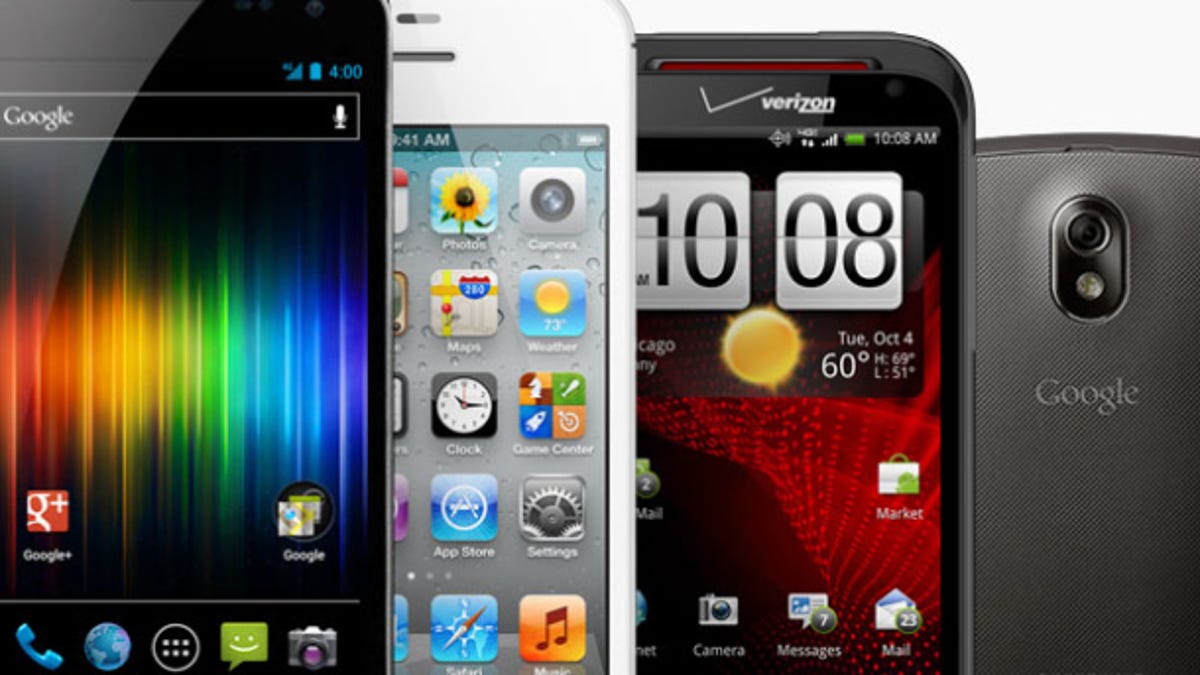Mobile carriers partner with FCC to battle cell phone theft
Verizon, Sprint, AT&T, and T-Mobile are joining a U.S. government effort to create a national database of stolen cell phone information to track the devices and cutoff service.

Almost everyone knows someone who has had their cell phone stolen. And most likely, there wasn't much that person could do about it. Some mobile carriers and the U.S. government are now trying to change that.
The Federal Communications Commission announced today that it is partnering with four major carriers to work toward curbing rampant cell phone theft, according to The New York Times. The plan is to jointly create a centralized database of lost or stolen cell phone information that will make it easy to track the devices and cutoff voice and data service.
"It's just too easy for a thief to steal a phone and sell it on the black market," FCC Chairman Julius Genachowski told The New York Times. "This program will make it a lot harder to do that. And the police departments we are working with tell us that it will significantly deter this kind of theft."
Verizon, Sprint, AT&T, and T-Mobile are the carriers currently signed up and smaller wireless carriers are also expected to join over the next couple of years, according to The Wall Street Journal.
Approximately one out of three robberies in the U.S. include the theft of a mobile device, reports The New York Times. In New York City, 40 percent of all robberies are cell phones, and in Washington, D.C., 38 percent involve cell phone theft. Typically thieves sell these stolen phones to local merchants or barter them online on sites like eBay, Amazon, and Craigslist.
Details about how the national database will function is still in the works, but the plan for now is that each of the four carriers will put their own program in place, and then within the next 18 months the FCC will merge that information into one database.

